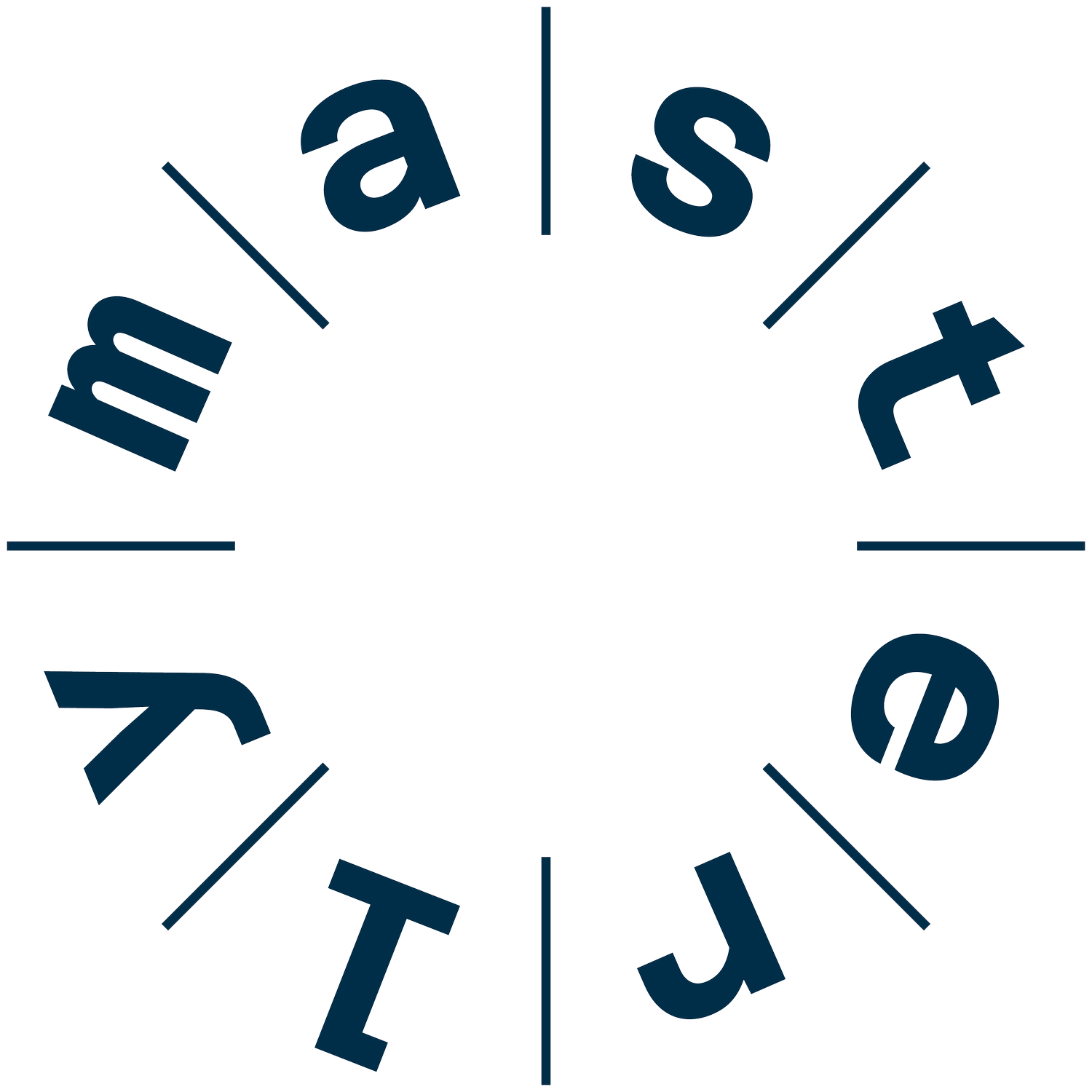The Oz Principle – Taking Accountability
Are you living below the line or above the line? This is one of the key principles in the book The Oz Principle which takes a deep dive into the issue of accountability. Accountability is sometimes seen as a negative thing that is forced on someone when things have gone wrong. The authors of the book argue that accountability should be something that comes from within and should be present in all situations. – positive and negative.
Download the full book review of the Oz Principle
When you are acting ‘below the line’ you are getting stuck in the victim cycle, and you tend to blame others and external factors as the reasons why you can’t progress/succeed/overcome challenges. People acting below the line do not achieve the results they need to because they don’t take ownership of their situation and do what is required.
Victimization vs Accountability
Victim mentality: other people and circumstances prevent you from achieving your goals.
Accountability: a personal choice to rise above one’s circumstances and demonstrate the ownership necessary for achieving desired results to see it, own it, solve it and do it.
People acting above the line recognise that there may be challenges over which they have no control, but they do not let that deter them in their actions. They accept that they can influence their outcomes and take the action steps necessary to achieve success. They do not waste a lot of time complaining about things over which they can do nothing about. They focus on answering the question – What else can I do that will help me to get the result I want?
Download the full book review of the Oz Principle
Above the line
Ownership
Accountability
Responsibility
Opportunities
Below the line
Blame
Excuses
Denial
Drama
There are four steps to taking accountability:
SEE IT – see the situation as it really is and recognise when you are acting below the line
OWN IT - connect current circumstances with what you have done and tie future circumstances with what you are going to do.
SOLVE IT - anticipate problems and remove the obstacles in your way. Ask - What else can I do?
DO IT – utilize your skills and talents to execute your ideas.
Do you think you might be acting below the line? Look for these clues:
You feel you lack any control over your present circumstances
You don’t listen when people tell you that you could have done more
You find yourself blaming others and pointing fingers
Your discussions focus on what you can’t do rather than what you can do
You fail to confront the toughest issues you face
You think you are being treated unfairly and can’t do anything about it
You find yourself acting defensively a lot of the time
You spend a lot of time talking about things you cannot change
You say ‘It’s not my job’ ‘there is nothing I can do’ ‘let’s wait and see’
You talk about being taken advantage of
It is human to slip below the line and we all do it from time to time. What makes the difference is how long you stay there. Do you choose to wallow in the victim cycle, or do you take proactive steps to overcome your circumstances?
For more on how to bring accountability to your work and how to build a culture of accountability download our guide to the Oz Principle

